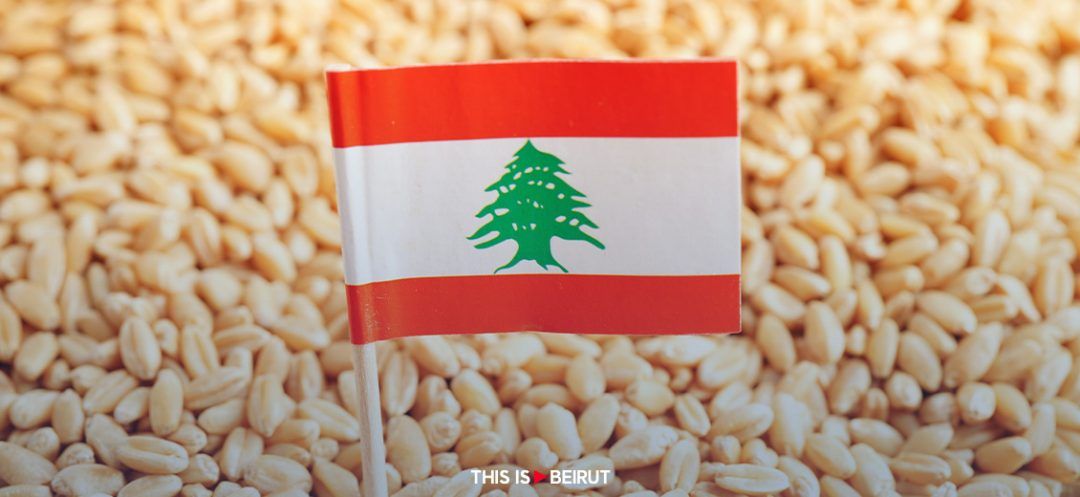
Two years ago, in May 2022, Lebanon and the World Bank signed an emergency agreement worth a total of $150 million to preserve food security in Lebanon, through support for wheat imports and a subsidy. This agreement expires on May 25. What about the future?
In May 2022, Lebanon and the World Bank (WB) signed an emergency agreement worth a total of $150 million to preserve food security in Lebanon, through support for wheat imports. This agreement expires at the end of May. It was a WB loan to the Lebanese government to subsidize Lebanese white bread. What's next?
The caretaker Minister of Economy and Trade, Amin Salam, assures This Is Beirut that the quantities of wheat subsidized by the WB are sufficient until October. He explains that after this date, the subsidy will be transformed into support provided by the Lebanese state to the most vulnerable people.
“This will be the end of the generalized subsidy to Lebanese and non-Lebanese alike. Assistance will be targeted," he asserts.
Salam recalls that the agreement was reached almost two months after the start of negotiations with the WB delegation in Lebanon. These had been initiated after the Russian offensive in Ukraine and fears of an international wheat crisis, particularly in the Land of the Cedars, which imports most of its wheat from Ukraine. The war in Ukraine and the economic and financial collapse in which Lebanon finds itself had exacerbated the risk of a local food crisis.
The WB had proposed the subsidy as a first step to “avoid disrupting wheat supplies in the short term and help ensure affordable bread for the Lebanese.”
Salam indicates that the new plan is almost ready and that the state is currently studying it. He points out that this new support will be granted to civil servants and the most vulnerable families listed by the Ministry of Social Affairs via the DAEM plan, which benefits the neediest families.
1 kg of bread for a dollar
For his part, Antoine Seif, the President of the Mount Lebanon Bakery Owners' Union, also assures This Is Beirut that the wheat subsidized by the WB via a loan to the Lebanese government is available until early October.
He explains that nothing is certain after this date and that bakeries are awaiting an official decision from the state. What about the price of bread without this subsidy? "One kilogram of bread will cost around a dollar, as it did before the crisis of 2019,” he replies. Noting that the “rabta” represents 800 g of bread. However, he adds, “a study needs to be carried out since the price of bread also includes fluctuations in the price of oil and increases in government taxes.”
Head of Millers' Association Ahmed Hoteit claims that the 40,000 tonnes of wheat that arrived at the Beirut port this week will last for 50 days. He reveals that there is still enough money to order 70,000 tonnes, which will meet the country's needs for a further 2 months, i.e. until the end of September. After that, he too estimates that the price of a kilogram of bread will be around one dollar.
Read more



Comments